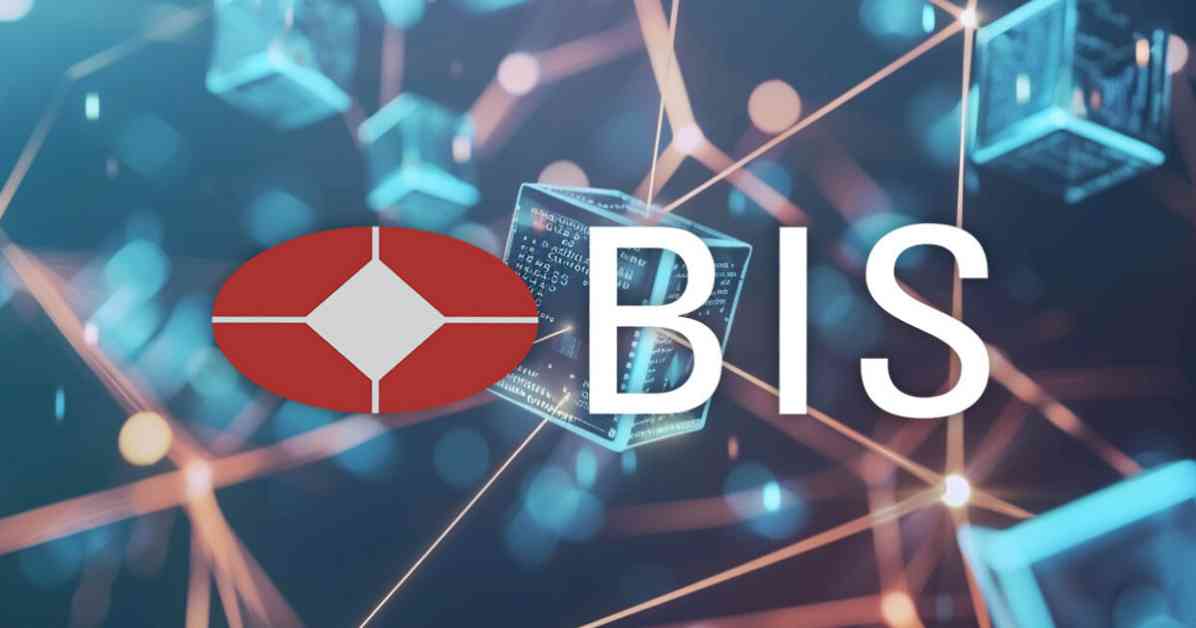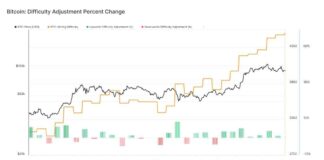The Bank for International Settlements (BIS) has teamed up with various central banks to address the issue of cross-border compliance with Project Mandala, as reported on Oct. 28. This collaboration involves the BIS Innovation Hub Singapore Centre and the central banks of Australia, Korea, Malaysia, and Singapore. The main goal of Project Mandala is to tackle the regulatory hurdles that come with cross-border transactions in different regions.
Cross-border transactions often face challenges with compliance due to different regulatory frameworks in place. This can lead to increased costs and delays. Project Mandala aims to solve these issues while upholding regulatory standards by automating compliance processes, enhancing transaction speed and efficiency, improving transparency on country-specific policies, and providing real-time reporting to regulators.
Maha El Dimachki, the Head of the BIS Innovation Hub Singapore Centre, highlighted that the project follows a compliance-by-design approach to safeguard privacy and maintain the integrity of regulatory checks. The project has reached the proof-of-concept stage, aligning with G20 priorities to enhance cross-border payments. Its potential to reduce costs, speed up transactions, and ensure compliance marks a significant advancement in this area.
Project Mandala operates using a decentralized system to facilitate cross-border payments, integrating compliance within central banks and financial institutions. This system consists of a peer-to-peer messaging system, a rules engine, and a proof engine to ensure all necessary compliance checks are carried out before initiating payments. Once these checks are completed, the Mandala system generates proof of compliance to accompany digital settlement assets or payment instructions across borders.
Additionally, Mandala is designed to work seamlessly with emerging digital asset settlement systems such as wholesale central bank digital currencies (CBDCs) and established payment messaging systems like SWIFT. This integration enhances Mandala’s flexibility and adaptability to support both future digital asset ecosystems and current financial infrastructures. Moreover, Mandala has implemented programmable compliance for digital assets that can be easily embedded into smart contracts.
Overall, the collaboration between BIS and central banks through Project Mandala signifies a significant step forward in enhancing cross-border compliance and expediting transactions while maintaining regulatory standards. This innovative approach has the potential to streamline cross-border payments, reduce costs, and improve efficiency in the global financial system.

















